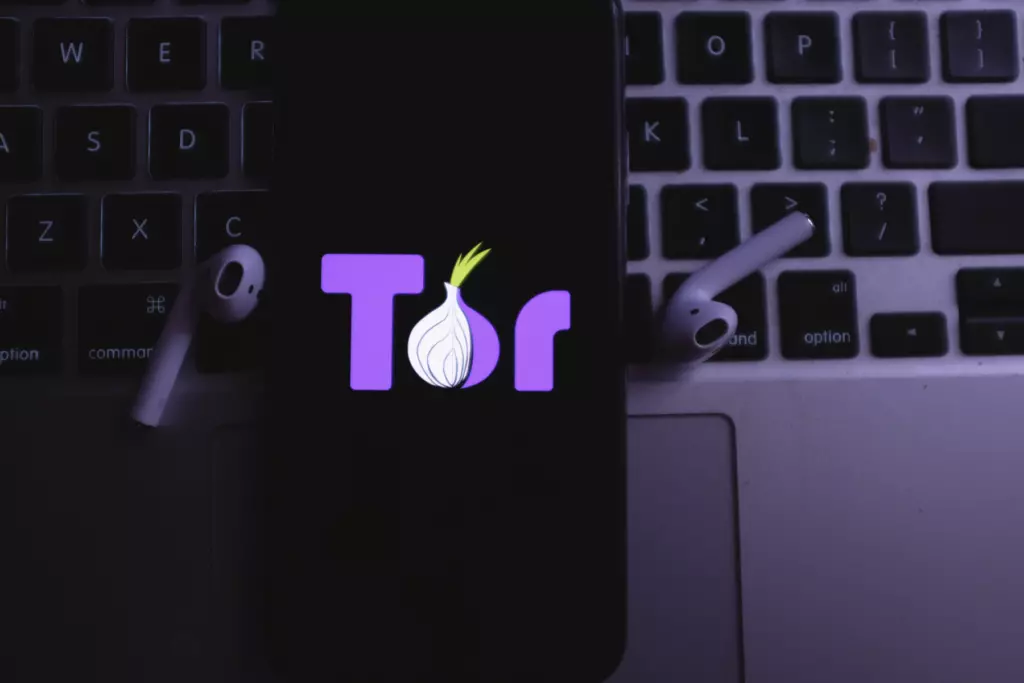Do I Need to Use a VPN if I Want to Browse .onion Websites If you’re interested in browsing .onion websites on the dark web, you might be wondering if you need to use a VPN for added security and privacy. While VPNs are often recommended for accessing the dark web, the answer isn’t as straightforward as a simple yes or no. In this article, we’ll explore the pros and cons of using a VPN to browse .onion websites, as well as some alternative methods for staying safe and anonymous on the dark web.
What is the Dark Web?
Before we dive into the question of VPNs and .onion websites, let’s briefly cover what the dark web is. The dark web is a part of the internet that is not accessible through traditional search engines or browsers. Instead, users must use specialized software like Tor to access websites on the dark web.

While the dark web is often associated with illegal activities like drug trafficking and child pornography, it’s also used by activists, journalists, and others who need to communicate anonymously and securely.
What are .onion Websites?
.onion is a special top-level domain suffix used exclusively by hidden services on the Tor network. These websites are only accessible through the Tor browser and provide users with a high level of anonymity and security.
Because .onion websites are not indexed by search engines and are only accessible through the Tor network, they are often used for illegal activities. However, there are also legitimate .onion websites that provide secure communication tools, anonymous forums, and other services that can be useful for people who need to stay hidden online.
Should You Use a VPN to Browse .onion Websites?
Now let’s get to the heart of the matter: do you need to use a VPN to browse .onion websites? The answer is…it depends.
On one hand, using a VPN can provide an extra layer of security and privacy when accessing the dark web. A VPN encrypts your internet connection and routes your traffic through a remote server, making it more difficult for anyone to track your online activities.
However, there are some downsides to using a VPN on the dark web. For one thing, not all VPNs are created equal. Some VPNs may not be fully compatible with the Tor network, which can lead to slower connections and potential security vulnerabilities. Additionally, using a VPN can also attract unwanted attention from law enforcement and other authorities. While using a VPN is not illegal, it can raise suspicions and make you a target for surveillance.
Alternatives to VPNs on the Dark Web
Do I Need to Use a VPN if I Want to Browse .onion Websites
If you’re not comfortable using a VPN to browse .onion websites, there are some alternative methods you can use to stay safe and anonymous on the dark web.
One option is to use the Tor browser without a VPN. While this method is not as secure as using a VPN, it still provides a high level of anonymity and is generally considered safe for browsing .onion websites.

Another option is to use a secure operating system like Tails, which is designed to provide maximum security and privacy for users on the dark web. Tails comes pre-installed with Tor and other security tools, and can be booted from a USB drive for added convenience.
Conclusion
Yes, using a VPN while accessing .onion websites is highly recommended. VPNs provide an additional layer of security and privacy when browsing the internet, including the dark web.
When accessing the dark web, Do I Need to Use a VPN if I Want to Browse .onion Websites users are often concerned with being tracked or monitored by third parties, including government agencies or cybercriminals. While the Tor network provides some level of anonymity, using a VPN can further enhance user privacy and security.
VPNs encrypt internet traffic, making it difficult for anyone to intercept or monitor your online activity. This is especially important when accessing .onion websites, as they are often associated with illegal or sensitive content.
Furthermore, some .onion websites may be blocked by certain internet service providers or in certain countries. By using a VPN, users can bypass these restrictions and access the content they want.
However, it is important to note that not all VPNs are created equal. Some VPNs may not provide adequate security or may even compromise user privacy. It is important to research and choose a reputable VPN provider that has a strong track record of protecting user privacy and security. In conclusion, while it is possible to access .onion websites without a VPN, using one is highly recommended for enhanced privacy and security. By encrypting internet traffic and bypassing restrictions, a VPN can provide users with a safer and more secure browsing experience on the dark web.
